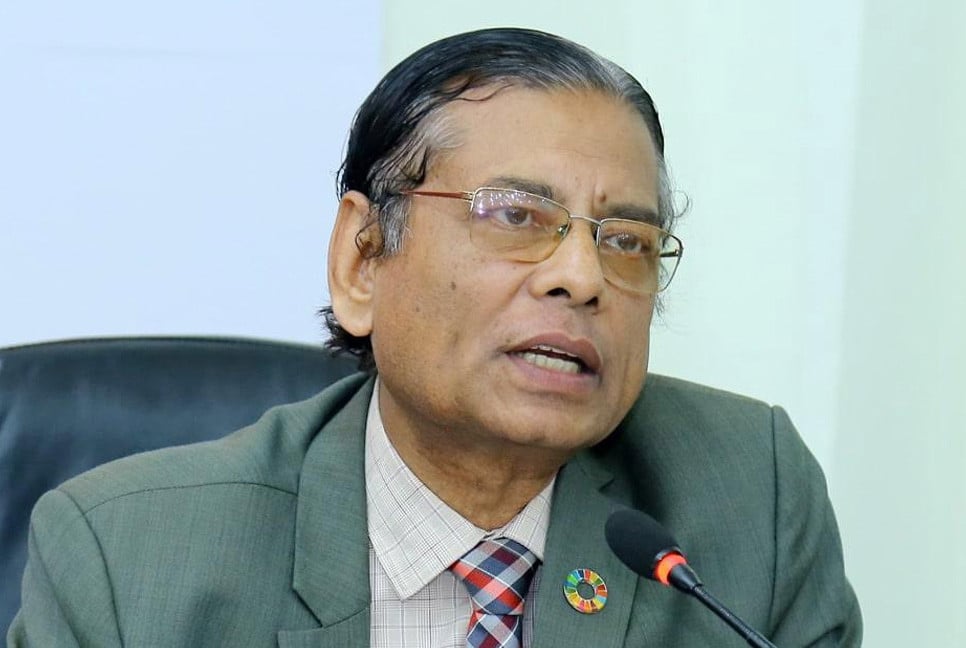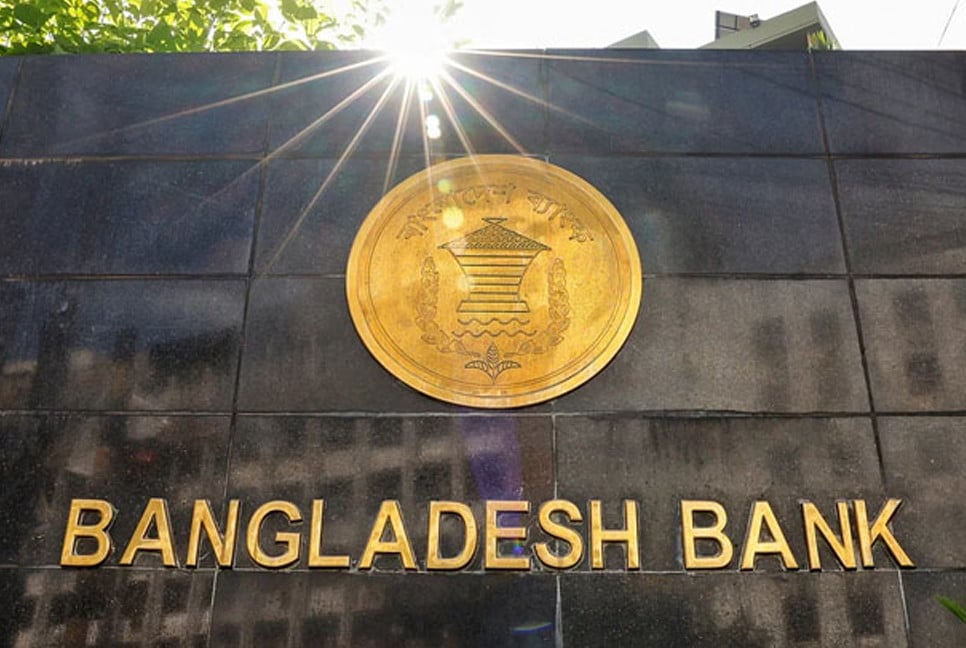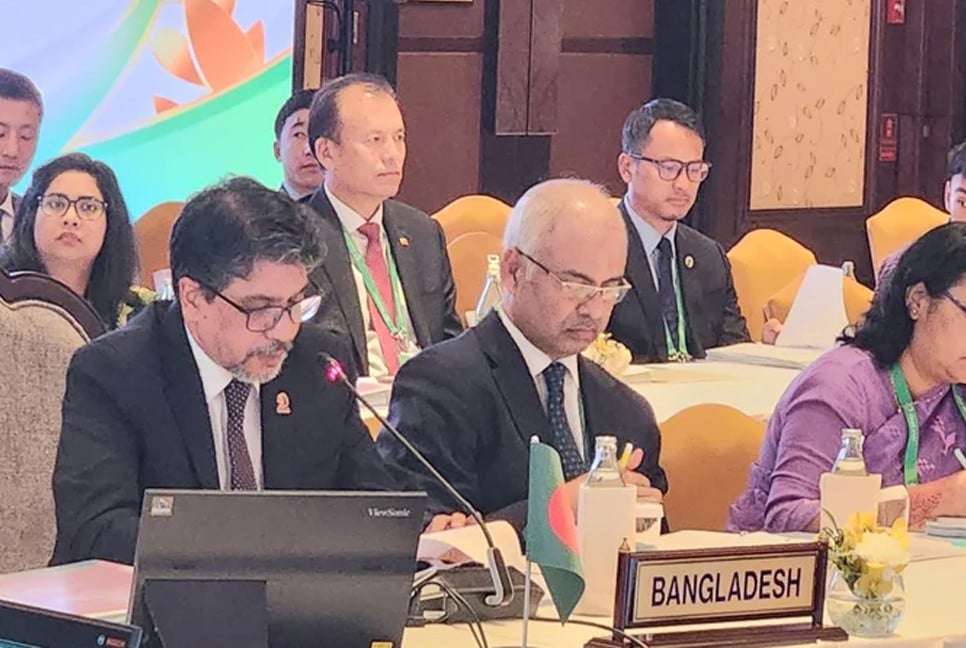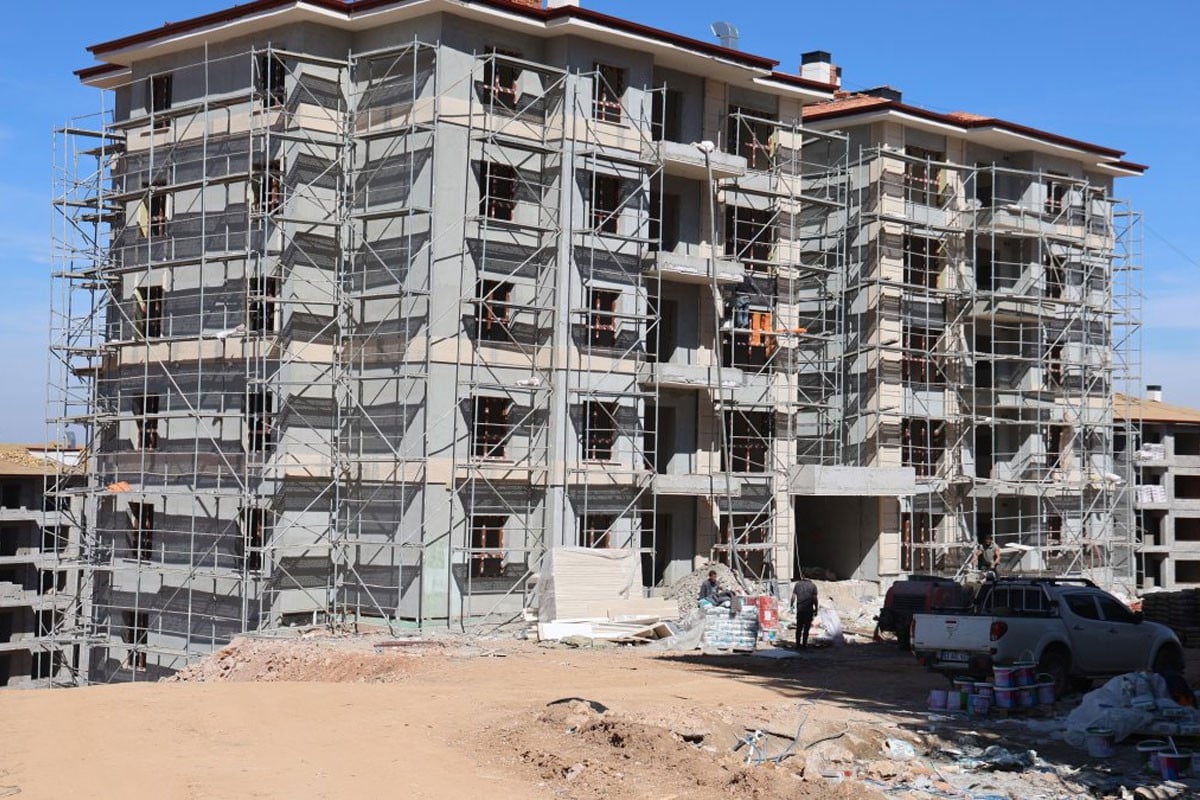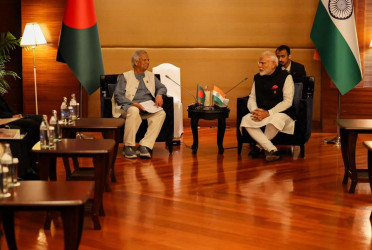Risk in the country’s banking sector has increased despite various government initiatives to reduce the negative impact of Covid-19 on the country’s economy.
This information was revealed in a study by International Monetary Fund (IMF).
In an attempt to make a review of the economy of Bangladesh, financial institutions and policies for getting aid, IMF made the report titled ‘Bangladesh Macro-Prudential Stress Testing.’
The report said although in the decade after 2010 Bangladesh’s GDP growth was stronger, the defaulted loan in the banking sector increased at an alarming rate.
According to sources, Bangladesh sought a loan of $450 million from IMF as its foreign reserve is declining gradually.
As part of the feasibility study of this loan proposal, IMF evaluated the economy and financial sectors of Bangladesh. It submitted the evaluation report to the Bangladesh government.
In 2020, Bangladesh’s economic growth was limited but positive, which continued to the next year based on the private sector economy activities. However, the price of commodities increased in the international market and that leads to inflation. The deficit in the current account is increasing due to a reduction in remittance flow. These risks will be continued until the global crisis improves, said IMF in its observations.
It also said the GDP growth has been maintained from 2010 to 2019, but at the same time, the rate of defaulted loans increased at an alarming rate.
Non-performing loan ratio was 7.7 per cent in 2021, which was increased to 7.9 per cent. As the bulk of defaulted loans is increasing unprecedentedly, the sufficiency of risk-based capital of the banks decreased, added the report.
@ The article was published on print and online versions of The Bangladesh Pratidin on November 6, 2022 and has been rewritten in English by Lutful Hoque and edited by Golam Rosul.





